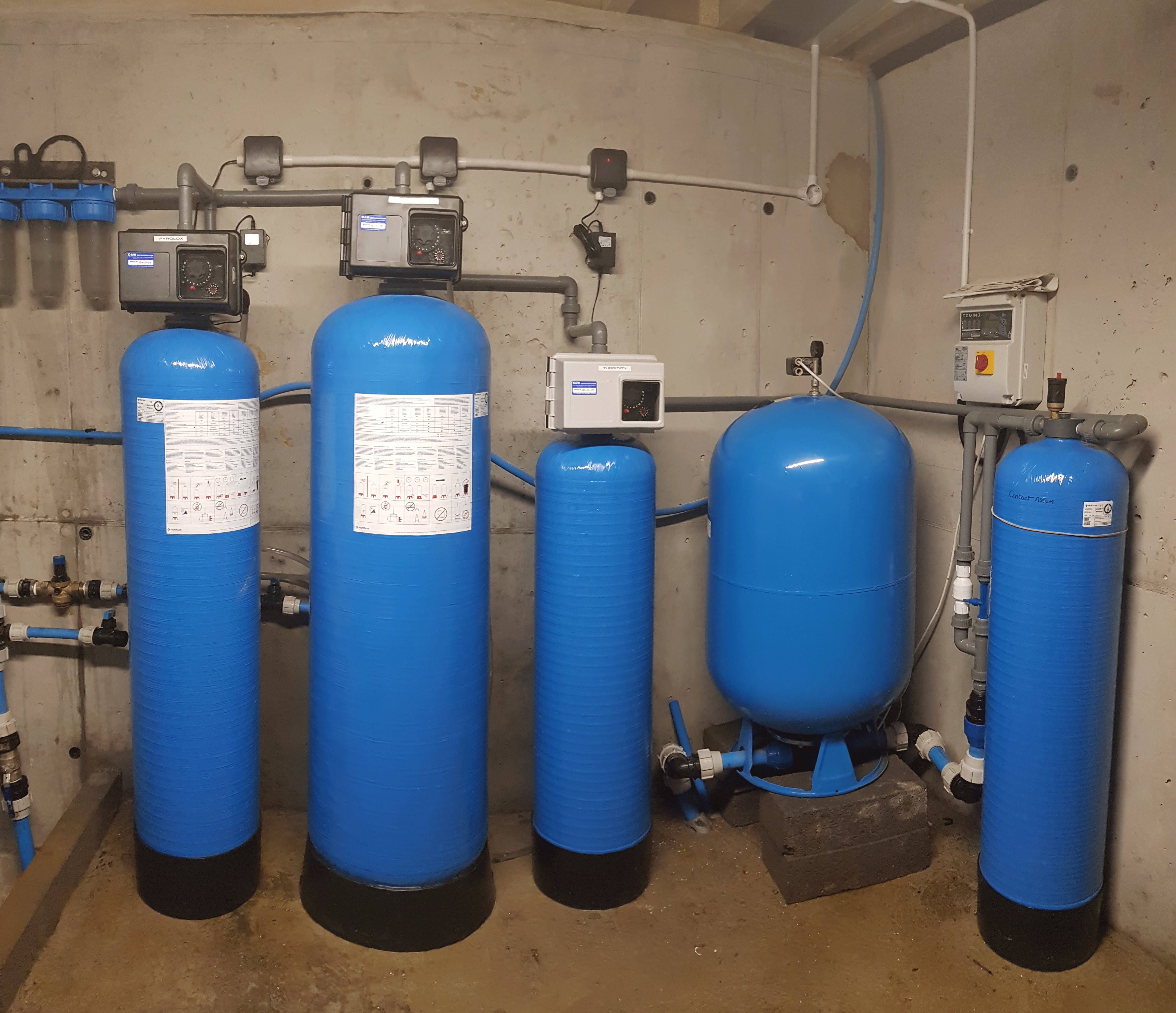Correct water management is vital when it comes installing bore hole equipment.
A water test should always be done to determine if the supply is suitable for drinking. Even if the water is not for drinking, an accurate test should be done to determine levels of other harmful minerals and bacteria. Mineral deposits such as iron can seriously reduce the working life span of water pumps, heaters and other equipment.
Natural sources of iron and manganese are common amongst deeper bore holes where water is in contact with rock for longer periods of time. Although manganese often appears in lower levels than iron, a water test is vital to determine if these levels are acceptable.
Water may appear clear at first when exiting the bore hole, but the signs are obvious when in high concentration. Both impart a strong metallic taste into the water and both cause staining and build over a prolonged period. The effects of iron deposition throughout the pipe work can seriously shorten equipment life span.
Iron – Strong metallic taste, causes brown/orange staining of surfaces. Visible in milk tanks and other stainless surfaces, Strong red colour when mixed with cleaning agents. Cause pump failure due to heavy deposit build up, blocks orifices including taps, and water solenoids.
Manganese – Strong metallic taste, causes black staining. Both Iron and Manganese in high concentration have reportedly shown lower water intake in by dairy cows.

